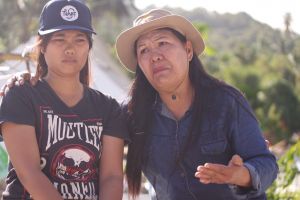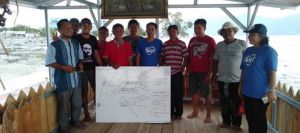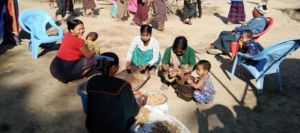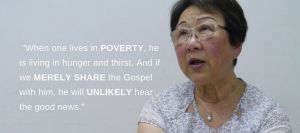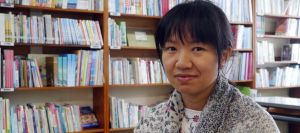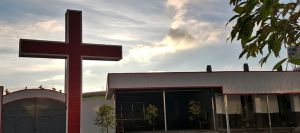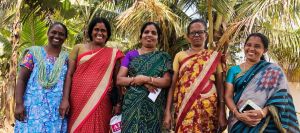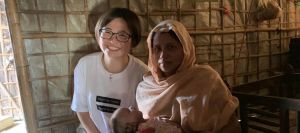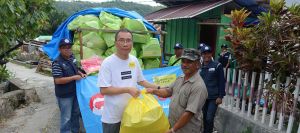
What is Creation Care?
God and his creations “Since what may be known about God is plain to them, because God has made it plain to them. For since the creation of the world God’s invisible qualities—his eternal power and divine nature—have been clearly seen, being understood from what has been made, so that people are without excuse.” – Romans 1:19-20 When Apostle Paul explain the gospel to the church in Rome, he pointed out that the created world manifest God’s eternal power and divine nature, and no one can hold excuses against it. In the Old Testament, the writers wrote numerous times about the world’s creations to praise God, for example, in Psalm 8:3-4: “When I consider your heavens, the work


